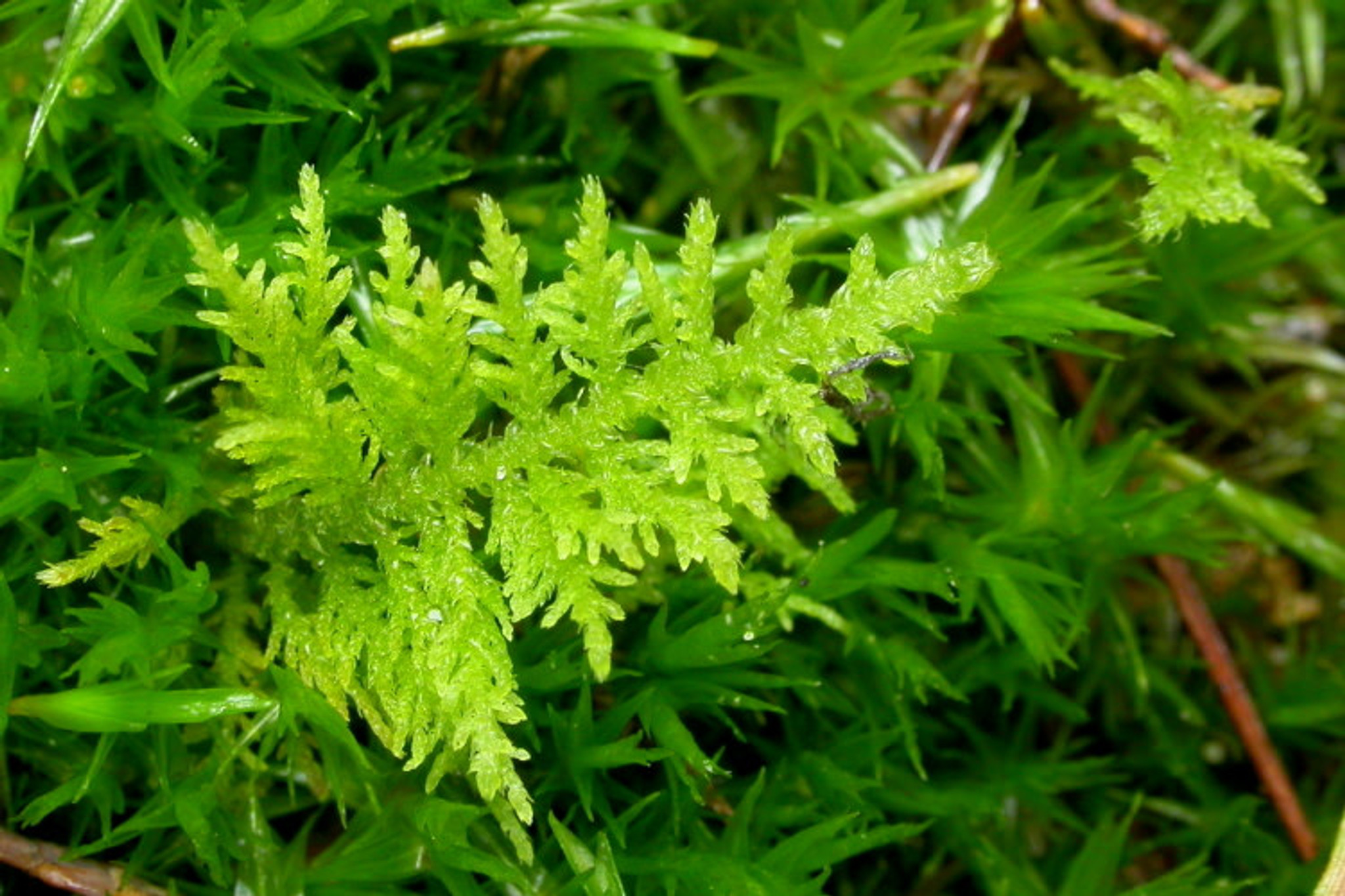
image from: https://www.perennialco.com/thuidium-delicatulum/
Exploring the Delicate Beauty of Thuidium subdelicatulum Moss
Thuidium subdelicatulum (Hampe) Broth., commonly known as

image from: https://ohiomosslichen.org/moss-thuidium-delicatulum/
Thuidium moss, is a fascinating species of moss belonging to the Thuidiaceae family. This delicate and intricate moss has captured the attention of enthusiasts and bryologists alike. In this blog post, we’ll dive into the world of Thuidium subdelicatulum and explore its unique characteristics, global distribution, and ecological significance.
Background on Thuidium Mosses
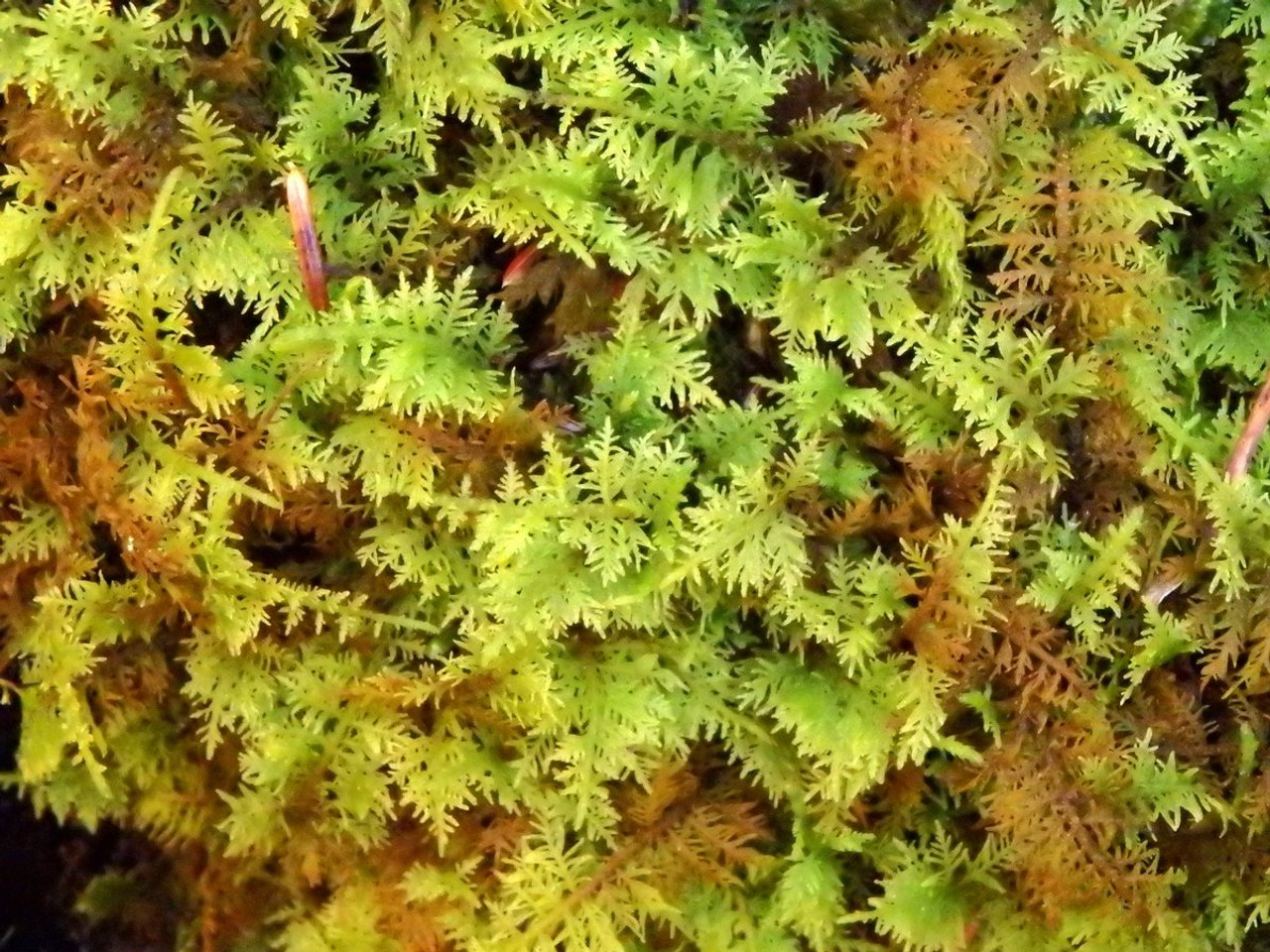
image from: https://www.perennialco.com/thuidium-delicatulum/
The genus Thuidium, part of the Bryophyta division and Bryopsida class, encompasses a diverse group of mosses known for their feathery and fern-like appearance. These mosses are found in various habitats worldwide, from temperate forests to tropical regions. Thuidium mosses play important roles in their ecosystems, contributing to moisture retention, nutrient cycling, and providing shelter for small organisms.
Morphology and Identification
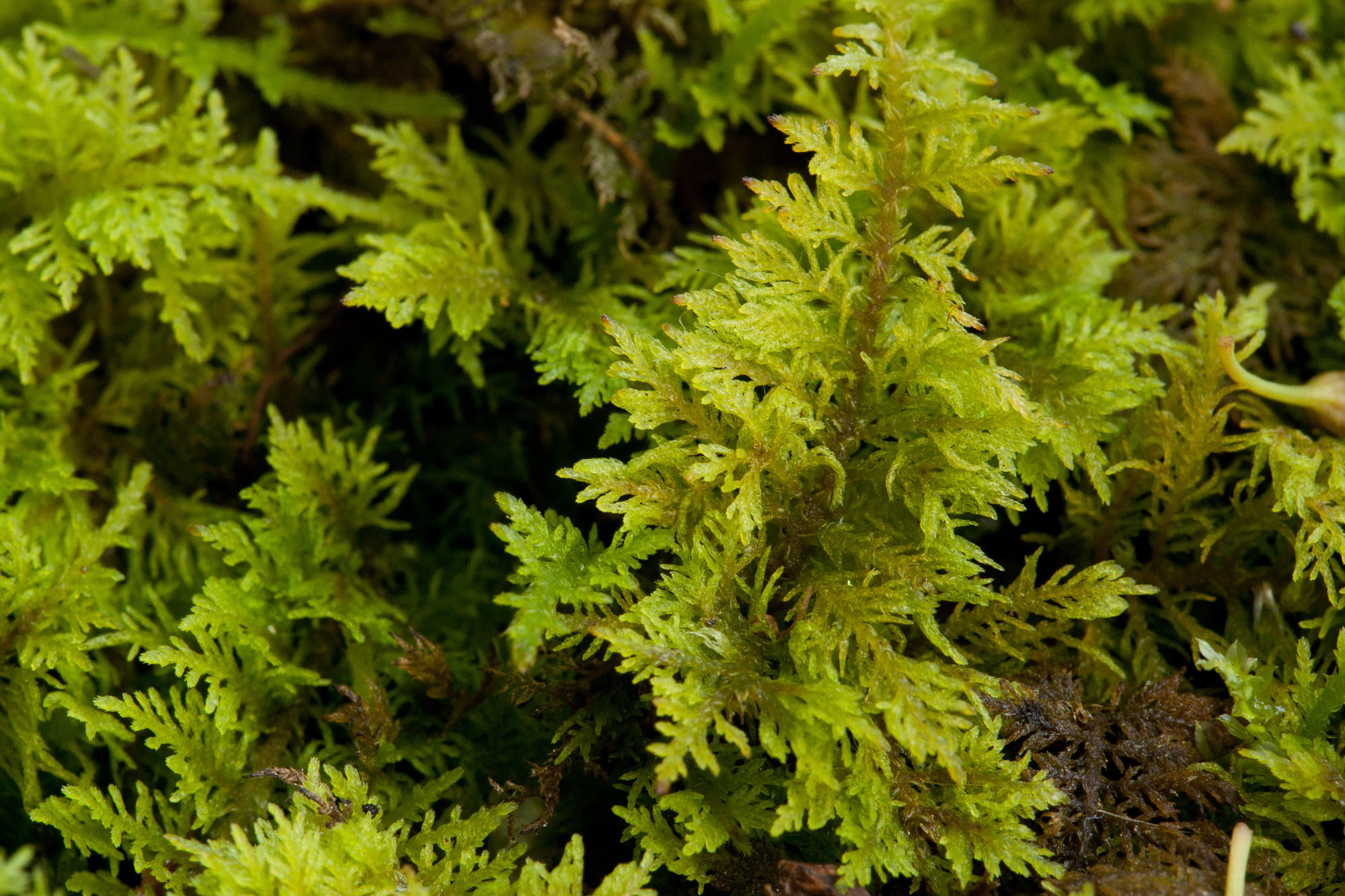
image from: https://ohiomosslichen.org/thuidium-delicatulum-4/
Thuidium subdelicatulum is characterized by its delicate, bipinnate (twice-divided) fronds that resemble miniature ferns. The stems are creeping and irregularly branched, with numerous small, ovate leaves arranged in a feathery pattern. The leaves have a single costa (midrib) and are often papillose (covered with small protuberances). The moss forms dense mats or wefts on various substrates, including soil, rocks, and tree bases.

image from: https://terrariumtribe.com/terrarium-plants/thuidium-delicatulum-fern-moss/
Identifying Thuidium subdelicatulum requires careful observation of its morphological features. Key characteristics include:

image from: https://www.pinterest.com/pin/356206651775004515/
- Bipinnate branching pattern
- Small, ovate leaves with a single costa
- Papillose leaf surface
- Dense, mat-forming growth habit
Global Distribution and Habitat
Thuidium subdelicatulum has a wide global distribution, found in many parts of the world, including:
- North America
- Europe
- Asia
- Australia
- New Zealand
This versatile moss inhabits a range of habitats, from moist forests and woodlands to rocky outcrops and stream banks. It thrives in shaded and humid environments, often growing on soil, rocks, logs, and tree bases.
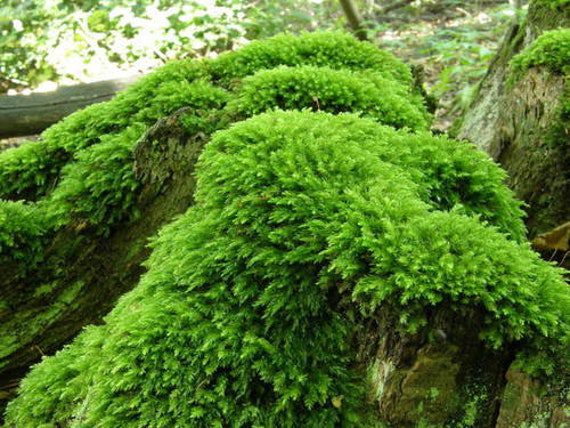
image from: https://terrariumcreations.com/thuidium-delicatulum-moss-in-terrariums-care-guide-to-help-your-moss-thrive/
Ecological Roles and Adaptations
Thuidium subdelicatulum plays significant ecological roles in its habitats. As a ground-dwelling moss, it helps to:
- Retain moisture in the soil
- Prevent erosion
- Provide shelter and microhabitats for small invertebrates
- Contribute to nutrient cycling
The moss has adapted to its environments through several key features:
- Dense growth habit to maximize moisture retention
- Papillose leaf surface to increase surface area for water and nutrient uptake
- Tolerance to shade and humidity fluctuations

image from: https://microvarium.com/shop/plants/moss/fern-moss/

image from: https://ohiomosslichen.org/moss-thuidium-delicatulum/
| Characteristic | Description |
|---|---|
| Family | Thuidiaceae |
| Genus | Thuidium |
| Species | T. subdelicatulum |
| Growth Form | Weft or mat |
| Branching Pattern | Bipinnate |
| Leaf Shape | Ovate |
| Leaf Costa | Single |
| Leaf Surface | Papillose |
Conclusion
Thuidium subdelicatulum (Hampe) Broth. is a remarkable moss species that showcases the intricate beauty and ecological importance of bryophytes. Its delicate, fern-like appearance and wide global distribution make it a fascinating subject for enthusiasts and researchers alike. As we continue to explore the world of mosses, let us appreciate the vital roles they play in our ecosystems and the endless wonders they hold. What other secrets might these tiny plants reveal as we delve deeper into their captivating world?
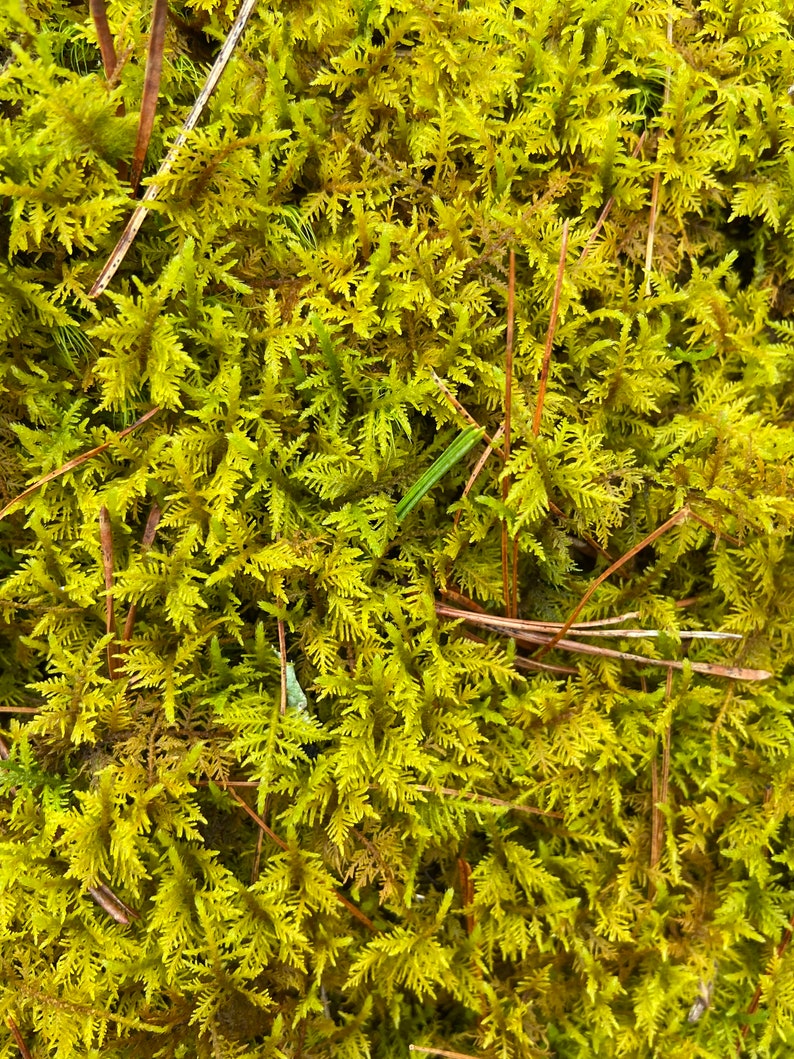
image from: https://www.etsy.com/au/listing/1146563349/fern-moss-thuidium-delicatulum-fairy